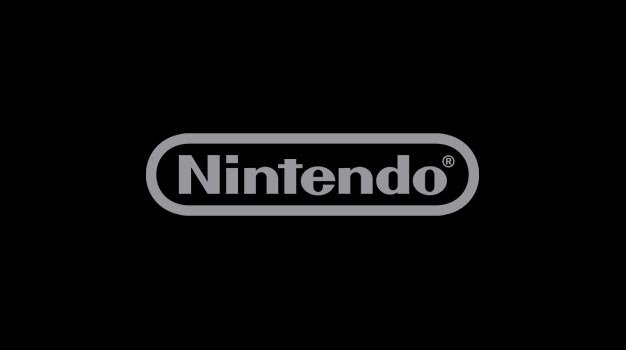Saudi Arabia’s Public Investment Fund (PIF) has further reduced its holding in Nintendo Co., signalling a change in the investment strategy that initially aimed at capitalizing on the gaming industry.
According to a filing with Japan’s Finance Ministry, the sovereign wealth fund trimmed its stake from 7.5% to 6.3%.
This reduction comes after the sale of over 17 million shares spanning a six-week period that concluded in October resulting in the fund’s stake being trimmed from 8.58% to 7.54%.
The move has weighed on Nintendo’s stock, with shares dropping as much as 4% in Tokyo trading
Contradictions and investment strategy
This latest development contrasts with reports from September, when Kyodo News indicated that PIF might be planning to increase its stake in the creator of Super Mario Bros.
However, the recent sales tell a different story.
Despite the reduced stake, PIF, which manages assets totaling about $930 billion, remains one of Nintendo’s largest shareholders.
The Saudi government’s earlier push involved acquiring stakes in leading Japanese and Korean gaming firms as part of a $38 billion initiative to position itself as a gaming and esports powerhouse in the Middle East.
As part of this push, Saudi Arabia hosted its first Esports World Cup in July and is preparing to launch the Olympic Esports Games next year.
PIF has long been seen as a strategic, long-term investor, favouring partnerships over short-term profits.
However, as budget deficits and domestic economic challenges grow, the sovereign wealth fund appears to be adjusting its focus toward supporting projects within Saudi Arabia itself.
Nintendo’s financial pressures
The Japanese gaming giant is grappling with dwindling demand for its aging flagship Switch console, now in its seventh year.
Nintendo’s revenue for the second quarter ending September 30 fell 17% year-on-year, with net profit plunging over 69% compared to the same period last year.
Reflecting these challenges, the company revised its fiscal year forecast, lowering its sales target from 1.35 trillion yen to 1.28 trillion yen and slashing its operating profit estimate from 400 billion yen to 360 billion yen.
Additionally, projected Switch sales were cut from 13.5 million units to 12.5 million units for the fiscal year ending in March 2025.
Investors are now anticipating news about a successor to the Switch, which Nintendo hinted will be announced by the end of the current fiscal year, in hopes of revitalizing its market presence.
The post Why does Saudi Arabia’s sovereign wealth fund continue to sell its stake in Nintendo? appeared first on Invezz

